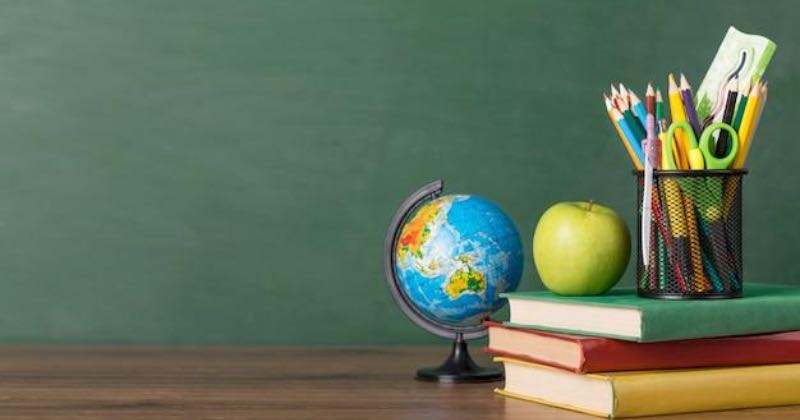In the contemporary globalized landscape, where interconnectivity and diversity have become the norm, the significance of multicultural education has soared. As our societies evolve to embrace increasing diversity, educational institutions bear the responsibility to celebrate and integrate this richness.
Multicultural education aims to endow students with a profound understanding and appreciation of diverse cultures, languages, religions, and perspectives. Beyond fostering cultural competency, it propels inclusivity, preparing students to excel in a globally intertwined society.
Cultivating Cultural Competency
A paramount benefit of multicultural education lies in the cultivation of cultural competency. Through the exploration of diverse cultures, students cultivate an understanding and appreciation for the values, traditions, and customs of others. This comprehension dismantles stereotypes and prejudices, fostering empathy and respect for diversity.
Cultural competency not only enriches communication and collaboration skills but also equips students to navigate cross-cultural interactions adeptly. In a world increasingly characterized by cross-cultural communication, this competency emerges as a valuable skill contributing to personal growth and professional success.
Fostering Inclusion and Empathy
Multicultural education assumes a pivotal role in fostering inclusion and empathy. Exposure to diverse perspectives challenges students’ biases, fostering open-mindedness. Learning about different cultures and the challenges faced by minority groups nurtures empathy and a sense of social responsibility.
This understanding of others’ experiences contributes to the formation of a more inclusive and compassionate society, where individuals value and respect each other’s differences. Multicultural education establishes a secure and inclusive learning environment where students from all backgrounds feel valued and supported.
Preparing for a Global Society
In a globalized world marked by international travel, migration, and global cooperation, multicultural education emerges as a linchpin in preparing students for the challenges and opportunities of a global society. Immersion in different cultures, languages, and global issues enables students to develop a global perspective and cross-cultural communication skills.
This preparation allows them to engage seamlessly with individuals from diverse backgrounds, navigate cultural disparities, and collaborate on a global scale. Multicultural education equips students with the knowledge and skills indispensable for thriving in a globalized workforce that highly values cultural competency and adaptability.
Enhancing Critical Thinking and Problem-Solving Skills
Multicultural education transcends the transmission of cultural knowledge; it actively encourages critical thinking and problem-solving skills. Exposure to diverse perspectives challenges students to think critically and analyze complex issues from various angles.
This process enhances their capacity for creative thinking, consideration of multiple solutions, and informed decision-making. In a world grappling with intricate global challenges like climate change, poverty, and social inequality, the development of critical thinking and problem-solving skills assumes paramount importance. Multicultural education positions students to become global citizens capable of contributing to innovative solutions for these challenges.
Breaking Down Barriers and Promoting Peace
By championing understanding, empathy, and cultural competency, multicultural education has the potential to dismantle barriers and foster peace. Through education, students gain insights into the shared human commonalities that unite us all and an appreciation for the diversity enriching our world.
They acquire the skills to engage in dialogue, resolve conflicts peacefully, and actively contribute to a harmonious coexistence. Multicultural education nurtures a sense of global citizenship, inspiring students to be active participants in the creation of a more just and peaceful world.
In Conclusion
In an era characterized by increasing interconnectedness and diversity, multicultural education stands as an essential pillar. It not only promotes cultural competency but also fosters inclusion and empathy, prepares students for a global society, enhances critical thinking and problem-solving skills, and contributes to breaking down barriers and promoting peace.
Educational institutions bear the responsibility to wholeheartedly embrace and integrate multicultural education into their curriculum and teaching practices. Through such commitment, we empower future generations with the knowledge, skills, and attitudes requisite for navigating and thriving in a globalized world.




